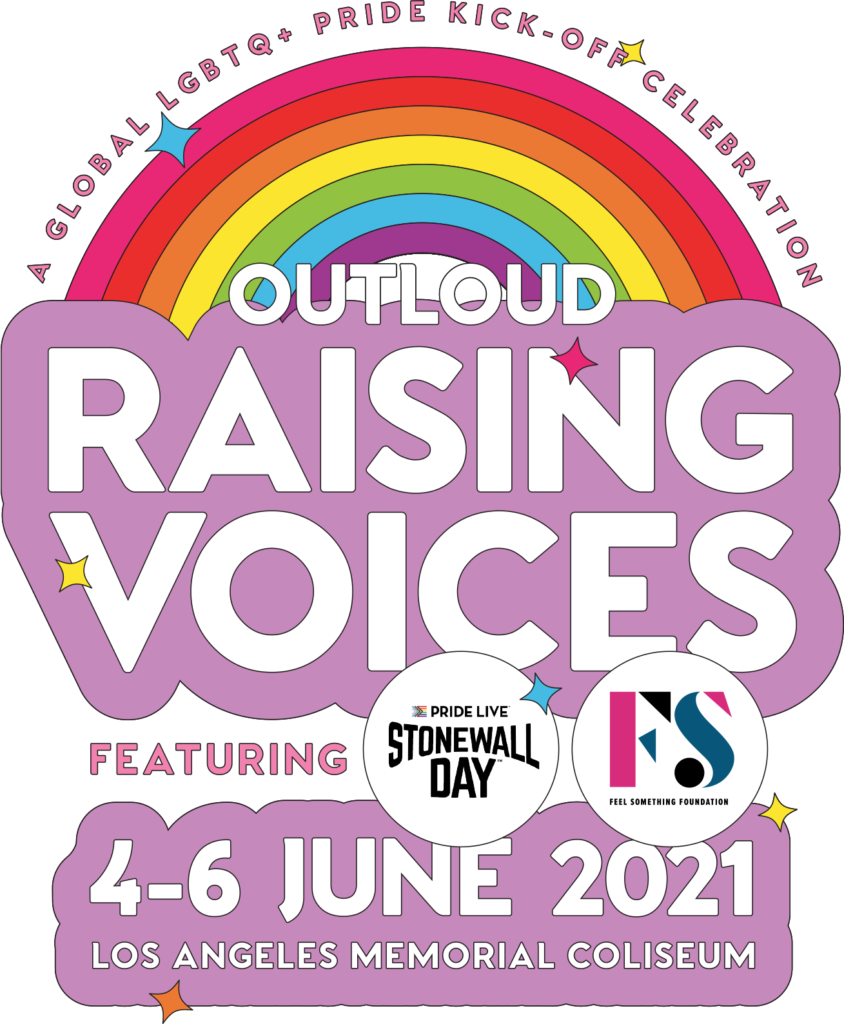The number of young people who are gender-diverse — including transgender, nonbinary and genderqueer — may be significantly higher than previously thought, according to a new study.
Researchers in Pittsburgh found that nearly 1 in 10 students in over a dozen public high schools identified as gender-diverse — five times the current national estimates. Gender diversity refers to people whose gender identities or gender expressions differ from the sexes they were assigned at birth, according to the American Psychological Association.
In a report published this week in the journal Pediatrics, researchers from the University of Pittsburgh Graduate School of Public Health, Children’s Hospital of Pittsburgh, Seattle Children’s Hospital, the Harvard T.H. Chan School of Public Health and the UCLA School of Medicine analyzed 3,168 student surveys culled from 13 Pittsburgh high schools.
In all, 291 participants, or 9.2 percent, reported incongruities between their sexes assigned at birth and their experienced gender identities. Of those gender-diverse youths, about 30 percent expressed transmasculine identities and about 39 percent expressed transfeminine identities. People with nonbinary identities were about 31 percent of the total.
The overall figure is vastly higher than the roughly 2 percent cited in most national estimates.
The lead author, Dr. Kacie Kidd, a pediatrician and adolescent medicine fellow at Children’s Hospital of Pittsburgh, said that’s because earlier researchers — including those behind the Youth Risk Behavior Survey of the Centers for Disease Control and Prevention — didn’t use the right terminology or methodology.
The risk behavior survey is a biennial assessment providing vital insights into the sexual behavior, substance use, mental health and violence victimization of young Americans. The 2017 edition, given to 118,803 students ages 14 to 18 from 10 states and nine large urban school districts, was the first and only one to date to include a question about gender identity, but it simply asked, “Do you identify as transgender?” and gave respondents the option to reply “yes,” “no” or “I’m not sure.”
“Of course, not everyone who is gender-diverse identifies as transgender,” Kidd said. “We worried that that language didn’t encompass the breadth of gender-diverse identities we see, particularly in young people.”
So Kidd and her colleagues added a two-part gender identity question in their survey: (1) “What is your sex (the sex you were assigned at birth, on your birth certificate)?” with options for “female” and “male,” and (2) “Which of the following best describes you (select all that apply)?” with the options “girl,” “boy,” “trans girl,” “trans boy,” “genderqueer,” “nonbinary” and “another identity.”
Although the data come from a single school district, the authors write, “the findings may approximate a less biased estimate of the prevalence of youth with gender-diverse identities.”
Kidd said the findings also underscore racial and ethnic disparities in access to gender-affirmative care: The population Kidd and her colleagues see at their clinic are mostly “masc-identified and white,” she said. “And that is just not the data that we’re seeing in our study.”
According to the survey, just 7.1 percent of gender-diverse youths identified as white, compared to 9.9 percent who identified as Black, 14.4 percent as Hispanic, 8.7 percent as multiracial and 13.4 percent as another race.
But, Kidd said, the vast majority of young people who walk through the door of the university’s gender and sexual development clinic are “white, upper-middle-class, masc-identified youth.”
“That’s reflective of gender centers and clinics across the country,” she said. “It makes us question why we’re not seeing more gender-diverse young people of color or who are nonbinary or femme-identified.”
Of course, not all gender-diverse youths want or need services, she added, “but we know that gender-diverse young people face health disparities as a whole and that young people of color also face more health disparities.”
“The intersection of those two communities is one of concern for us,” she said. “We need to make sure that we are serving all of the young people who would benefit from the care we provide.”
The study was published as lawmakers across the U.S. are introducing a raft of measures to ban or limit gender-affirming care for minors and restrict transgender students’ participation in school sports.
“These kinds of policies further limit our ability to provide care to young people and increase the discriminatory rhetoric and health disparities, frankly, that these young people face,” Kidd said.
Numerous leading medical organizations, including the American Medical Association and the American Academy of Pediatrics, recommend access to comprehensive, gender-affirming and developmentally appropriate care for trans and gender-diverse young people.
“We know it’s beneficial for young people — it’s lifesaving,” Kidd said. “But our political climate is not one that is supportive of these young people.”
Even if the 2 percent figure is more accurate, she added, “we still need to support that population.”
“But the fact that that prevalence, at least in our data, is much higher is important, because it suggests there are many, many more young people who will be harmed by the legislative efforts of folks who truly don’t understand them,” she said.
Kidd also hopes her findings encourage pediatric care providers to ask patients about their gender identities and discuss gender diversity in an affirming way.
“We need to support young people who have questions or who may experience things like gender dysphoria,” she said. “More importantly, we need to be advocates, asking questions and sharing information without waiting to be asked about it.”


